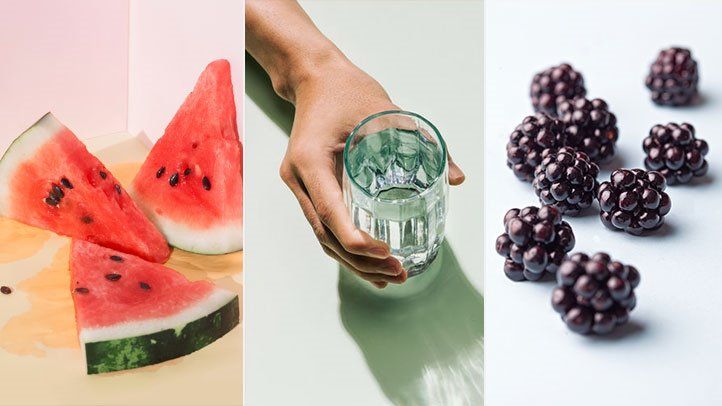As body fluids are drained during respiration, the cold, dry air can readily contribute to dehydration during the winter months. During the colder months, when water intake is also reduced, these fluids, which keep the body energised throughout the day, are neglected. Dehydration is generally linked with summer heat, however the risk of dehydration during the winter months is much higher, especially if one participates in winter sports and outdoor activities.
So, if you want to stay hydrated during winter, stick to these basic tips:
Natural fluids intake:
Liquid supplements that don’t have any extra ingredients can assist the body stay hydrated. Coconut water, which is high in calcium, potassium, and amino acids, helps the body stay energised and strong. Oranges and cucumbers, which are high in vitamins and minerals, can also aid in rehydrating the body.
Warm the drink
Instead of forcing yourself to drink cold water, drink warm water (simple or flavoured), homemade smoothies, and healthful hot drinks like green tea, cinnamon tea, and hot chocolate.
Urination that is less frequent or darker:
The colour and frequency of urination are the most typical symptoms of dehydration. Dehydration is confirmed by a darker urine colour and a less frequent urination routine due to decreased fluid levels in the body. A hydrated body has a pale yellow colour.
Wear several layers of clothing
Instead of heavy-duty woollens, layer breathable textiles to prevent perspiration-related water loss.
Add fruits into your diet:
Winter provides us with a bounty of fruits that can assist us combat winter dehydration. Winter fruits that are high in water, such as oranges and grapes, can assist to keep the body hydrated.
Avoid consuming alcohol:
Because alcohol is a diuretic, it should not be consumed because it might cause acute dehydration. Alcohol hastens the elimination of fluids in our body and should be avoided.
Salts for oral rehydration:
On fewer sunny days, electrolytes and glucose supplements can help re-energize the body and mind. Because vitamin D deficiency is common in the winter, it’s a good idea to up your diet of vitamin and mineral-rich organic foods. Oral rehydration salts help our bodies re-energize and raise blood glucose levels.
Note: Apart from the lifestyle hacks described above, if someone sees any uncomfortable changes or symptoms of dehydration in their body, they should see a doctor right away to avoid future health concerns.
- How to Get Free Raising Cane’s on National Chicken Finger Day 2024 - July 27, 2024
- 2024 Paris Olympics: How to Watch Tennis and Full Events Schedule - July 27, 2024
- Top 5 Most Respected Countries in Asia in 2024 - July 27, 2024





